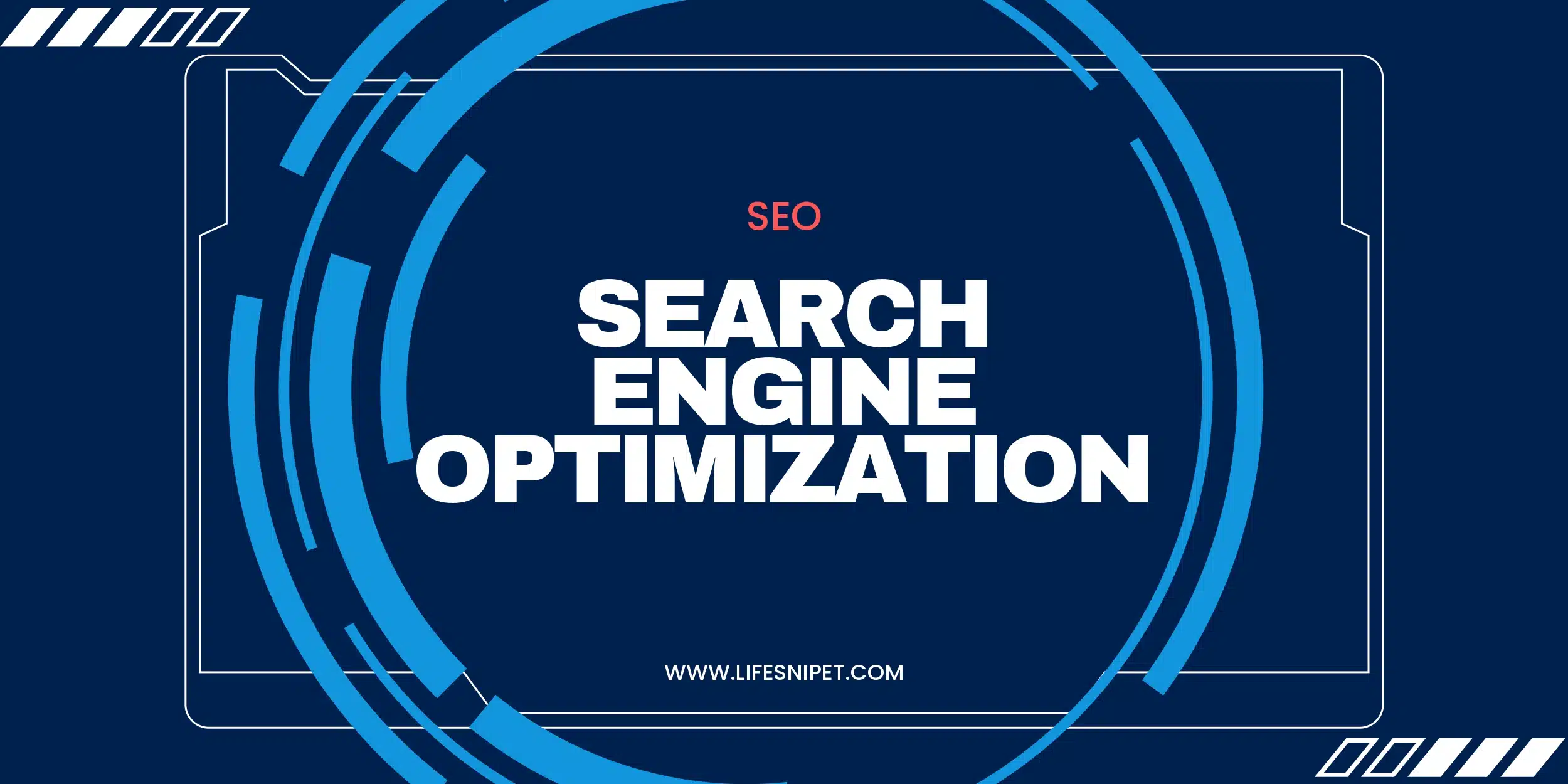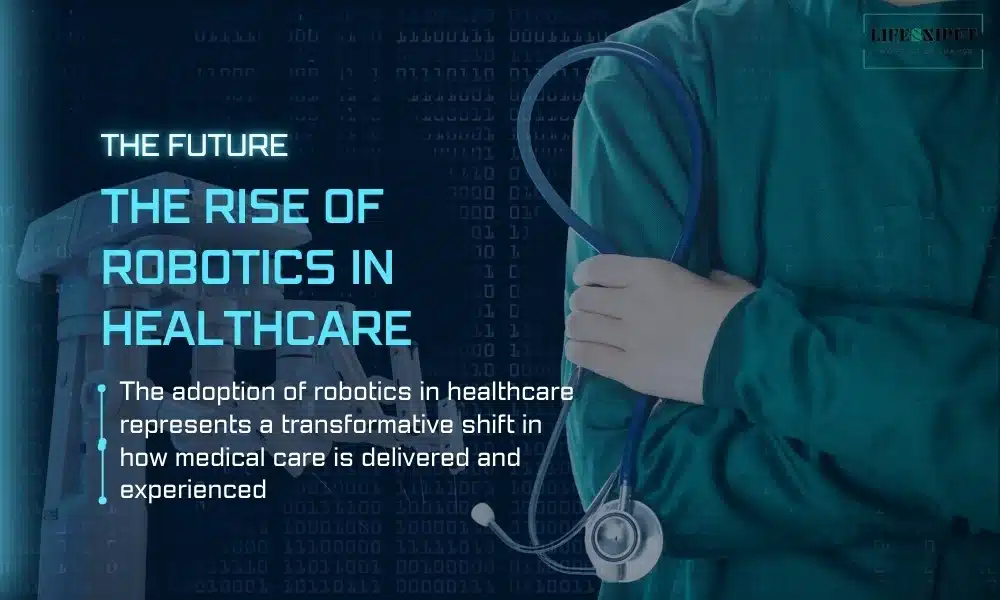As a healthcare professional, I have always been fascinated by how technology transforms the industry. One of the most significant advancements in recent years is the emergence of good health technologies. These innovative solutions have the potential to revolutionize healthcare as we know it, improving patient care, streamlining administration, and paving the way for a more efficient and effective healthcare system.
Well-health technologies encompass a wide range of digital tools and platforms designed to enhance the delivery of healthcare services. From wearable devices that monitor vital signs to mobile applications that provide personalized health recommendations, these technologies are changing the way we approach health and wellness. By leveraging the power of data and connectivity, well-health technologies empower individuals to control their health and enable healthcare providers to deliver more targeted and personalized care.
Benefits of Well Health Technologies in the Healthcare Industry
The adoption of good health technologies brings numerous benefits to the healthcare industry. Firstly, these technologies enable remote monitoring of patients, allowing healthcare professionals to track vital signs and collect real-time data without the need for frequent in-person visits. This reduces the burden on patients and allows for early detection of potential health issues, leading to timely interventions and improved outcomes.
Secondly, good health technologies empower patients to participate in their healthcare journey actively. With access to personal health data and educational resources, individuals can make more informed decisions about their health and take proactive steps toward preventive care. This shift from reactive to proactive healthcare not only improves individual well-being but also reduces healthcare costs by preventing chronic conditions and minimizing the need for costly interventions.
Lastly, good health technologies streamline communication and collaboration among healthcare providers. Digital platforms and electronic health records enable seamless sharing of patient information, ensuring that all members of the care team have access to the most up-to-date and relevant data. This improves care coordination, reduces medical errors, and enhances the overall quality of patient care.
Examples of Well Health Technologies
Well-health technologies come in various forms, each with its unique capabilities and applications. One example is wearable devices, such as fitness trackers and smartwatches, that monitor heart rate, sleep patterns, and activity levels. These devices provide individuals with valuable insights into their overall health and can even detect irregularities that may require medical attention.
Another example is telemedicine platforms, which allow patients to consult with healthcare professionals remotely through video calls. This technology has gained significant traction, especially during the COVID-19 pandemic, as it enables safe and convenient access to healthcare services without the need for physical visits to clinics or hospitals.
Additionally, mobile applications have emerged as powerful tools for health management. These apps can track medication adherence, provide personalized exercise and diet plans, and even offer mental health support through meditation and mindfulness exercises. By putting health information and resources at individuals’ fingertips, mobile apps empower users to take charge of their well-being.
The Impact of Well Health Technologies on Patient Care
The integration of health technologies into patient care has had a profound impact on healthcare outcomes. One key benefit is the ability to provide personalized and targeted interventions. By continuously monitoring patients’ health data, healthcare providers can identify trends and patterns that may indicate deteriorating health or the need for intervention. This proactive approach allows for early detection of potential complications, resulting in timely interventions and improved patient outcomes.
Furthermore, good health technologies have the potential to improve patient compliance and engagement. Through interactive health apps and wearable devices, patients can actively participate in their care by setting goals, tracking progress, and receiving real-time feedback. This not only enhances motivation but also fosters a sense of empowerment and ownership over one’s health, leading to better adherence to treatment plans and healthier lifestyle choices.
Another significant impact of good health technologies is the facilitation of remote patient monitoring. For patients with chronic conditions or those who require frequent monitoring, the ability to collect health data remotely and transmit it to healthcare providers eliminates the need for unnecessary clinic visits. This reduces the burden on patients and frees up healthcare resources, allowing providers to focus on more critical cases.
Challenges and Limitations of Implementing Well Health Technologies
While the potential of good health technologies is immense, their implementation does come with its fair share of challenges and limitations. One of the primary concerns is privacy and data security. As these technologies collect and transmit sensitive health information, there is a need to ensure robust privacy measures and secure data storage to protect patients’ confidentiality. Additionally, healthcare providers must navigate complex regulatory frameworks to ensure compliance with data protection laws.
Another challenge is the digital divide. Not all individuals have access to the necessary devices or reliable internet connectivity to fully benefit from good health technologies. This creates a disparity in healthcare access and outcomes, particularly among vulnerable populations. Efforts must be made to bridge this gap and ensure equitable access to these technologies for all individuals, regardless of socioeconomic status or geographic location.
Additionally, there is a learning curve associated with adopting and integrating health technologies into existing healthcare systems. Healthcare providers and staff may require training and support to effectively utilize these tools and extract meaningful insights from the data collected. Resistance to change and lack of technical proficiency can hinder the successful implementation of these technologies, emphasizing the need for comprehensive training programs and ongoing support.
How Well Health Technologies Are Revolutionizing Healthcare Administration
Beyond patient care, well-health technologies are also transforming healthcare administration. One notable example is the digitization of medical records and administrative processes. Electronic health records (EHRs) have replaced traditional paper-based systems, enabling healthcare providers to access patient information instantly and securely. This not only improves efficiency but also reduces the risk of errors associated with manual record-keeping.
Furthermore, well-health technologies are streamlining appointment scheduling and patient communication. Online portals and mobile apps allow patients to book appointments, receive reminders, and communicate with healthcare providers conveniently. This reduces administrative burdens on healthcare staff and enhances patient satisfaction by providing seamless and efficient communication channels.
Additionally, good health technologies facilitate data analytics and population health management. By aggregating and analyzing large volumes of health data, healthcare administrators can identify trends, patterns, and risk factors within populations. This data-driven approach allows for targeted interventions, resource allocation, and policy planning, ultimately improving population health outcomes and optimizing healthcare delivery.
Future Trends and Advancements in Well Health Technologies
The field of health technologies is continuously evolving, and there are several exciting trends and advancements on the horizon. One such trend is the integration of artificial intelligence (AI) and machine learning algorithms into healthcare applications. These technologies have the potential to analyze vast amounts of health data, identify patterns, and make predictions, leading to more accurate diagnoses, personalized treatment plans, and improved patient outcomes.
Another area of development is the use of virtual and augmented reality in healthcare. These immersive technologies have shown promise in pain management, mental health treatment, and medical education. By creating realistic and interactive experiences, virtual and augmented reality can enhance patient engagement and improve training outcomes for healthcare professionals.
Furthermore, the Internet of Things (IoT) is expected to play a significant role in the future of good health technologies. The integration of various devices and sensors, such as smart home devices and implantable sensors, will enable continuous monitoring and data collection, providing a comprehensive view of individuals’ health and well-being. This interconnected ecosystem of devices will revolutionize preventive care, early detection, and personalized interventions.
The Role of Data Analytics in Well Health Technologies
Data analytics is at the heart of good health technologies. The vast amount of health data generated by wearable devices, mobile apps, and electronic health records provides a wealth of information that can be leveraged to improve healthcare outcomes. Data analytics allows healthcare professionals to identify trends, patterns, and risk factors, enabling targeted interventions and personalized care plans.
One aspect of data analytics in health technologies is predictive modeling. By analyzing historical data and identifying risk factors, predictive models can forecast the likelihood of certain health events, such as disease progression or hospital readmissions. This information can assist healthcare providers in making informed decisions and allocating resources effectively.
Another application of data analytics is population health management. By aggregating and analyzing data from diverse sources, healthcare administrators can gain insights into the health status of specific populations. This information can guide policy planning, resource allocation, and targeted interventions to improve population health outcomes.
However, it is essential to acknowledge the ethical considerations and privacy concerns associated with data analytics in health technologies. The collection and analysis of personal health data raise questions about consent, data ownership, and potential misuse. Healthcare organizations and technology providers must establish robust privacy frameworks and ensure transparency and accountability in data handling.
Ethical Considerations and Privacy Concerns in Well Health Technologies
The adoption of good health technologies raises important ethical considerations and privacy concerns. As these technologies collect and analyze personal health data, it is crucial to ensure the protection of individuals’ privacy and confidentiality. Healthcare providers and technology companies must adhere to strict data protection regulations and implement robust security measures to safeguard sensitive health information.
Additionally, the issue of data ownership and consent arises in the context of health technologies. Individuals must have control over their health data and be able to provide informed consent for its collection, storage, and use. Transparent consent processes and clear communication about data handling practices are essential to build trust and ensure individuals’ autonomy in their healthcare journey.
Moreover, there is a risk of algorithmic bias in health technologies. Machine learning algorithms rely on historical data to make predictions and recommendations. If the training data is biased or does not represent diverse populations, the algorithms may perpetuate existing disparities in healthcare outcomes. It is crucial to address these biases and ensure that well-health technologies are equitable and inclusive.
Conclusion: The Future of Healthcare with Well Health Technologies
The emergence of good health technologies has paved the way for a future of healthcare that is more patient-centric, efficient, and effective. By leveraging the power of data, connectivity, and innovation, these technologies have the potential to revolutionize patient care, streamline administration, and improve population health outcomes.
However, the successful implementation of good health technologies requires addressing challenges such as privacy concerns, the digital divide, and resistance to change. Healthcare organizations, technology providers, policymakers, and individuals must work together to ensure that these technologies are deployed responsibly, ethically, and with a focus on equity and inclusivity.
As we look ahead, it is clear that well-health technologies will continue to evolve and advance, bringing new possibilities and opportunities for healthcare professionals and patients alike. By embracing these technologies, we can unlock the full potential of healthcare and create a future where every individual has the tools and resources to achieve optimal health and well-being.
FAQs
Q: What are good health technologies?
A: Well-health technologies encompass a wide range of digital tools and platforms designed to enhance the delivery of healthcare services. These technologies include wearable devices, mobile applications, telemedicine platforms, and electronic health records, among others.
Q: How do well-health technologies benefit patient care?
A: Well-health technologies bring numerous benefits to patient care. They enable remote monitoring, personalized interventions, and active patient engagement. These technologies also facilitate early detection of health issues, improve compliance, and enhance care coordination among healthcare providers.
Q: What are the challenges of implementing good health technologies?
A: Implementing good health technologies comes with challenges such as privacy concerns, the digital divide, and resistance to change. Healthcare organizations must ensure data security, bridge the gap in access to technology, and provide training and support to healthcare professionals.
Q: What is the role of data analytics in health technologies?
A: Data analytics plays a crucial role in health technologies. It enables the identification of trends, patterns, and risk factors, leading to personalized care, predictive modeling, and population health management. However, ethical considerations and privacy concerns must be addressed to ensure responsible data handling.
Q: How will well-health technologies shape the future of healthcare?
A: Well-health technologies have the potential to revolutionize healthcare by making it more patient-centric, efficient, and effective. These technologies will enable personalized care, streamline administration, and improve population health outcomes, creating a future where individuals have the tools and resources to achieve optimal health and well-being.

Welcome to LifeSnipet! At LifeSnipet, we’re your ultimate source for the latest health updates. Specializing in health and fitness-related diseases, we delve deep into Ayurvedic techniques, providing you with a comprehensive understanding of well-being. Explore our real-time updates, detailed articles, and ancient Ayurvedic wisdom for a holistic approach to health. Embark on a journey to a healthier, vibrant life with LifeSnipet – where your well-being is our priority!











